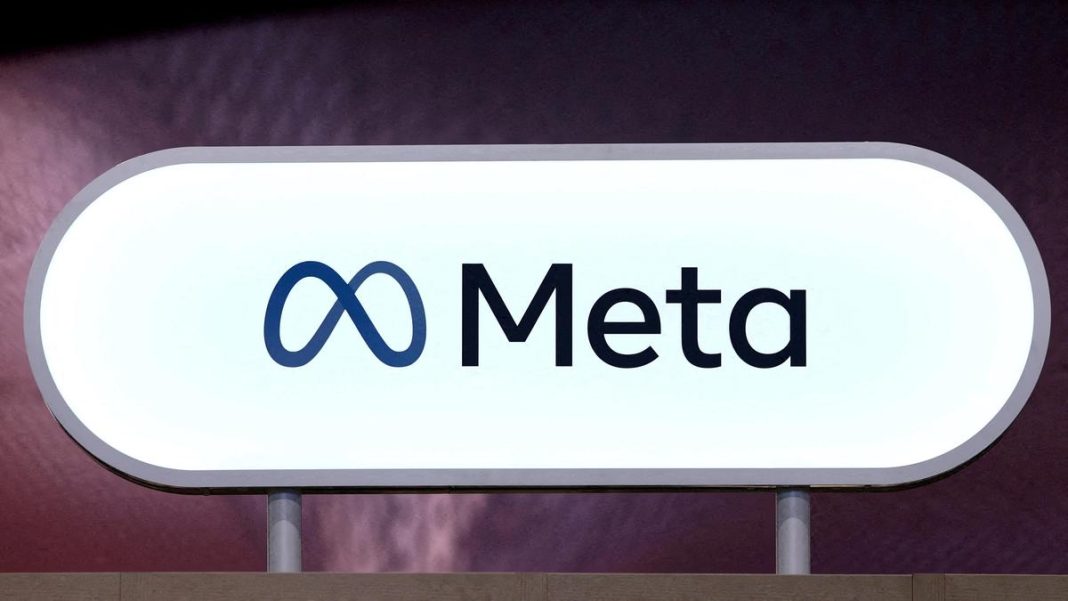Key Takeaways
- US judge dismisses major antitrust case against Meta
- Court rules Meta’s Instagram and WhatsApp acquisitions did not create illegal monopoly
- Judge cites TikTok and YouTube as sufficient competition in evolving social media landscape
A US federal judge has delivered a major victory to Meta by dismissing the government’s antitrust lawsuit, ruling the company does not hold an illegal monopoly in social media. The decision ends a five-year legal battle that challenged Meta’s acquisitions of Instagram and WhatsApp.
Court Rejects Monopoly Claims
Judge James Boasberg of the Washington federal district court concluded that Meta faces substantial competition from rivals like TikTok and YouTube. This prevents the company from exercising monopoly power in today’s dynamic social media market.
The FTC had argued that Facebook, Instagram, and Snapchat operated in a distinct “friends and family” market separate from video platforms. However, Judge Boasberg found this distinction no longer valid.
“Meta holds no monopoly in the relevant market,” the judge declared, noting that Facebook and Instagram now primarily show algorithm-recommended short videos similar to TikTok’s core offering.
Changing User Behavior Evidence
The court cited revealing data about shifting user habits:
- Americans spend only 17% of their Facebook time viewing friends’ content
- That figure drops to just 7% on Instagram
- Users predominantly watch “Reels” – short videos from strangers recommended by AI
“Facebook, Instagram, TikTok, and YouTube have thus evolved to have nearly identical main features,” Judge Boasberg wrote, citing evidence that users treat these platforms as substitutes.
Meta’s Response and Broader Implications
Meta welcomed the recognition that it “faces fierce competition” and expressed commitment to working with the Trump administration. The ruling represents a significant setback for US antitrust enforcers pursuing aggressive action against Big Tech.
The decision follows a similar pattern in tech antitrust cases. In September, another judge rejected a government bid to break up Google, citing competition from AI upstarts like ChatGPT.
“Judge Boasberg correctly grasps how dynamic digital markets are,” said Vidushi Dyall of the Chamber of Progress. “Even large tech companies still face intense competition and new players have disrupted the position of incumbents.”




